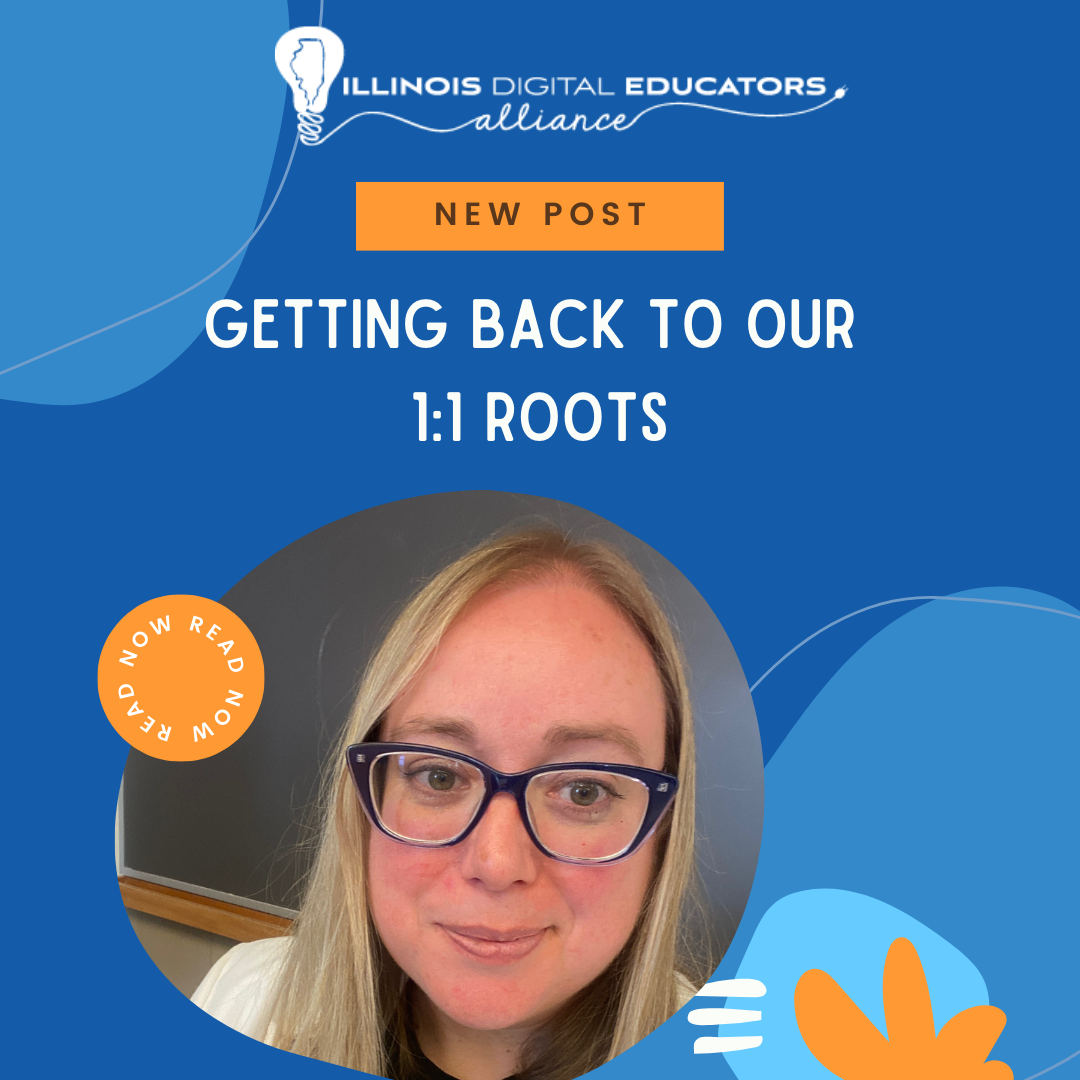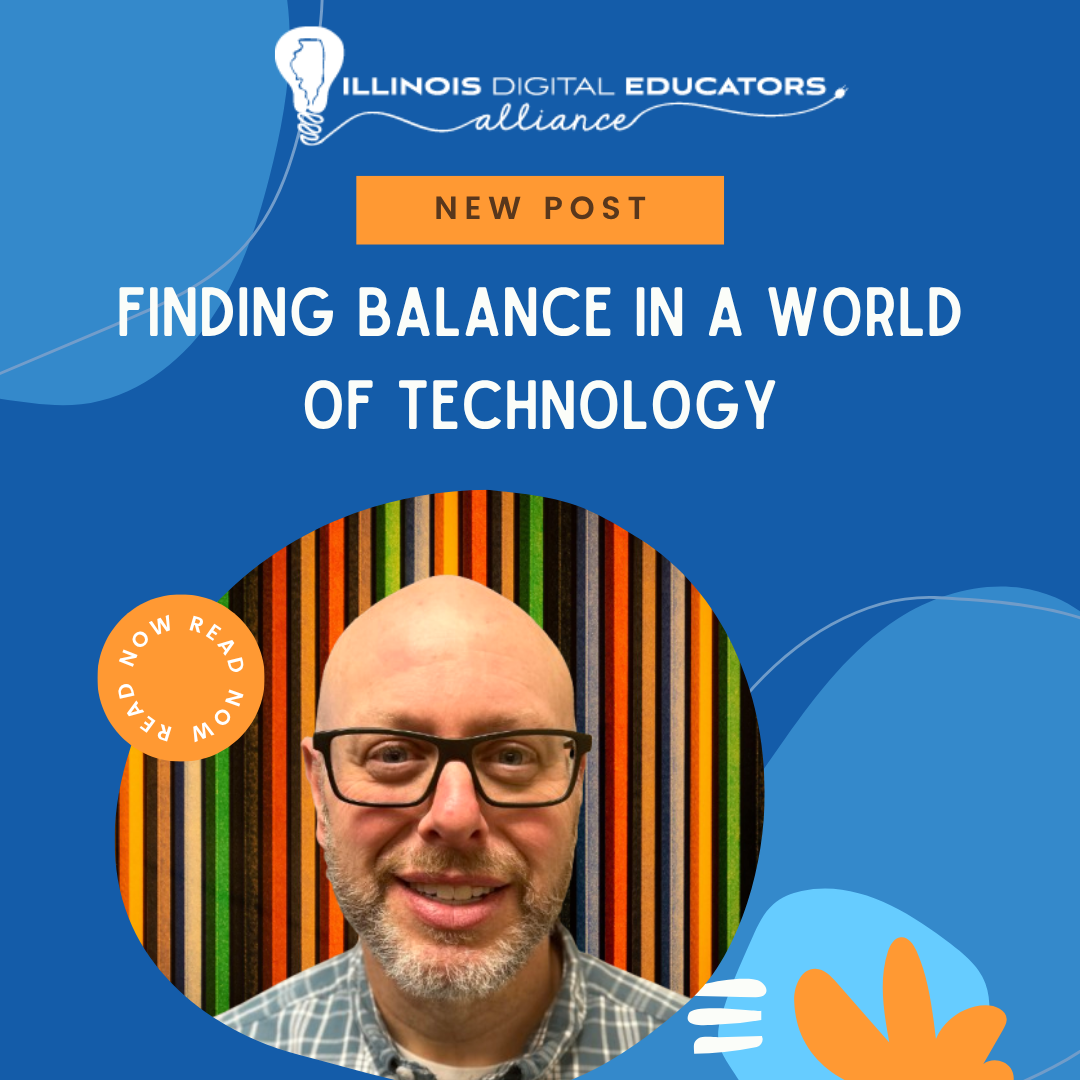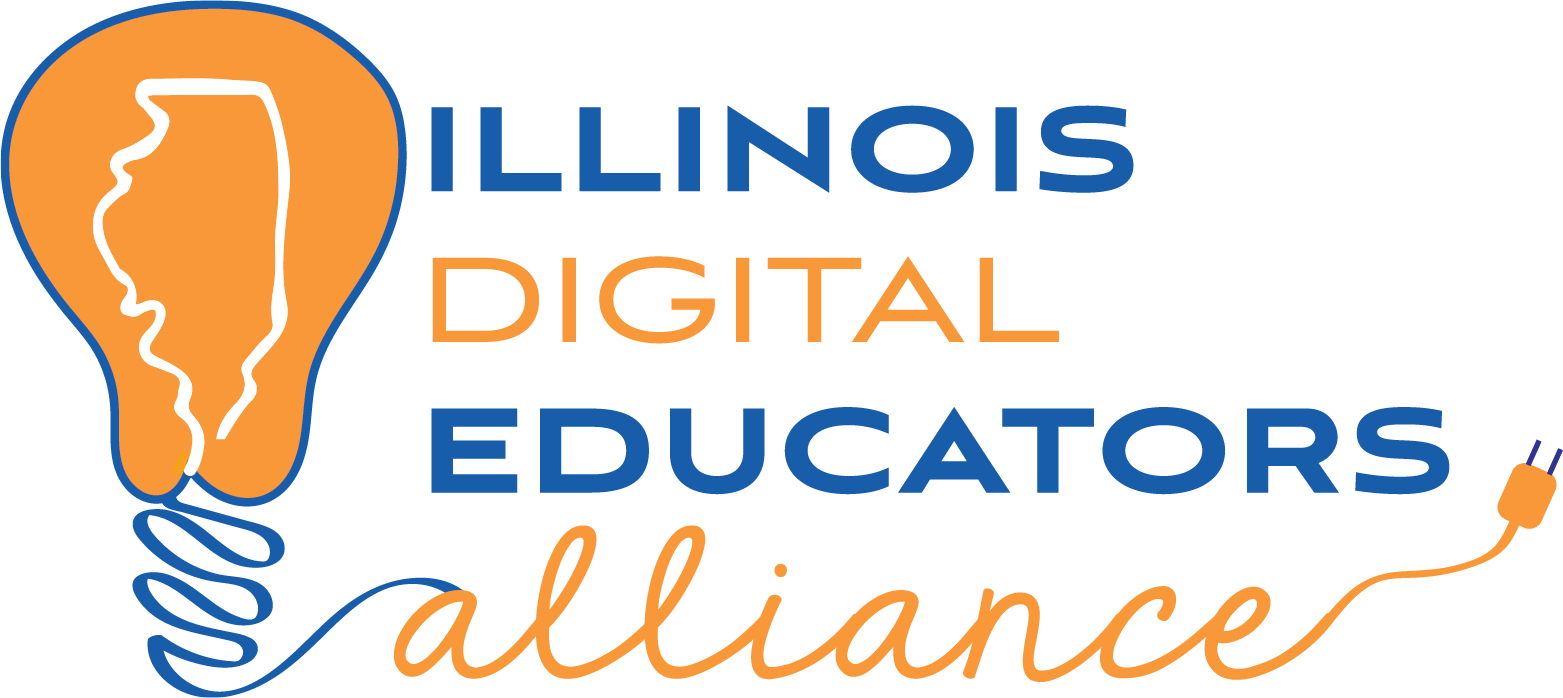When Your Opinion Is Unpopular… What Do You Do?
I’m one of those people who is known to say things that are just unpopular. I wasn’t always like this, in fact I spent much of my life as a huge people pleaser. I don't know if it was my turning 40, or just noticing that sometimes it’s best for all to be honest- but I snapped out of just agreeing with people even when I did agree with them. When we think about trauma responses, we understand the idea of fight, flight or freeze and how that impacts people. Many people have not heard of the term “fawn”. People who react to things in “fawn” mode are prone to do what people want them to do to make them happy. Unfortunately, many educators have adapted to schools and communities by having a “fawn” response out of fear of repercussions.
What are some things to understand and remember as we think about standing our ground on ideas, morals, best practices, and policies that we have strong opinions on but are unpopular? Here are five tips for you when considering the importance of your opinions in a school environment.
1. Ground ourselves in our WHY:
When we have an idea that we challenge or challenge the majority it is for a purpose. In your struggle, remind yourself of your “why”. Is your opinion good for students? Is it good for the system and community as a whole? Don’t ever ever ever forget your why.
2. Mentally Prepare Ourselves For Push Back:
It takes time for people to change their mind when they think they are certain of something. Understanding this, it’s critical to mentally prepare ourselves for pushback. Many times we need to remember that if we are going to present a new opinion we will get pushback.
Our approach is important as we prepare ourselves mentally to speak to someone about an opinion that is unpopular. Here is a piece of advice, start with meeting people where they are at. In the past I have realized that sometimes my ideas might be too radically different from the status quo. What have I learned over the years? (The hard way..) Meet people where they are at. Sometimes, you have to spoon feed ideas slowly to people when they struggle with accepting something different or a change.
The worst thing that can happen to you is that someone will disagree with you. If we didn’t have disagreements in schools we wouldn’t have innovation and change. Conflict is okay in a workplace- it’s just how we manage it that can be important.
3. Remember what is popular is not always right
For our own sanity, we need to remember that what is popular is not always right. People will take a stance on something that everyone else is taking a stance on because it is easier. When I worked in a district office, my superintendent showed me a video that is commonly used to explain change. There is a video of a guy dancing in a field all by himself and people are just looking at him. Then, another person followed him and started dancing the same way. Suddenly, the majority of people started joining his dance.
What is the lesson from this? Speak out and try something. You never know- maybe you will have a dancing friend that joins you and you are not the only one. And what can happen after that? Others can join in and soon your idea becomes popular.
4. Find Community in Like-minded Educators
My Professional Learning Network (PLN) has meant the world to me. The education field has gotten rough over the last five years. Find your people! Twitter (some people might call it X) has been a space where not only I have learned from others, but I have built relationships with people that I have also connected with in real life that are vital to my own success as an educator and a person.
Finding a group of like-minded people whether in your school community or not in your school community can be what you need to be able to have that unpopular opinion and still maintain your own mental health.
Seriously, come to IDEAcon in February you will meet so many like minded people. Think of a pop culture conference like C2e2 or Comic-con but for teachers. So many unique speakers and participants will be there. You are bound to meet someone new!
5. Celebrate Who You Are
Even if people don’t agree with you, you are a unique individual that has chosen to amplify their voice. You did it! Status quo isn’t for you, and that is more than okay. Students can benefit from your uniqueness and your ideas- remember that.
You didn’t get into this profession for the money. You are in this work because you wanted to make a difference in the world. Yes, you will have an opinion that people don’t like- but that’s their problem-not yours. Amplify your voice for what is right in your school community.

Sarah Said is an educator who has served in various roles: Teacher, Assistant Principal, Dean, Curriculum Coordinator and Multilingual Coordinator. Her favorite of those roles is TEACHER!!! Sarah is an advocate for the students she serves and is a strong voice in education. She is the IDEA Governing Board Member for the Kishwaukee Region. She is currently an ELL English Teacher at Dream Academy High School in SD U-46 Elgin. She has been published in various publications such as Learning for Justice, EdWeek Teacher, The Teaching Channel and Edutopia.
You can connect with Sarah on her twitter page @MrsSaid17




